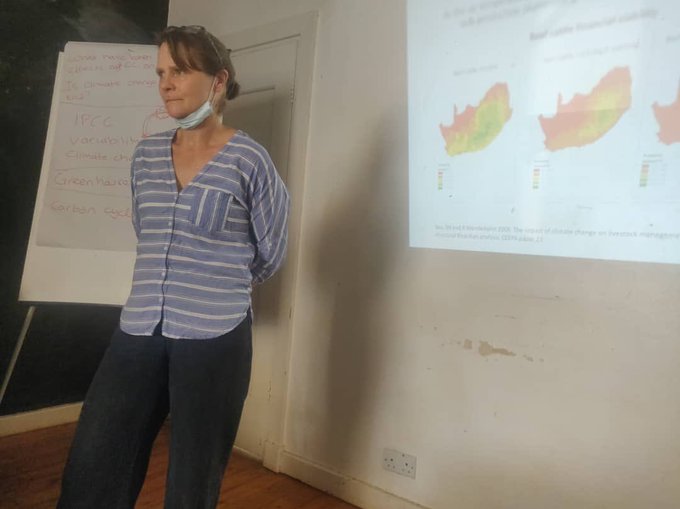|
Getting your Trinity Audio player ready...
|
By Tafadzwa Muranganwa
There are calls to amend the Seeds Act to promote community seed systems that are resilient to climate change.
This was heard recently at an agroecology media training organised by Participatory Ecological Land Use Management (PELUM) Zimbabwe, recently.
A community seed company, Champion Farmer Seeds, has revealed that there are many hurdles in the Seed Act provisions that make it difficult for indigenous seed companies to compete in the seed market.
Champion Farmer Seeds director, Tsungai Bwerazuva, said the Seeds Act (Chapter 19:13) which provides for the registration of seed and seed testing laboratories, regulates the importation, exportation, and sale of seed, provides for the testing, certification, and inspection of seed needs to be amended for the country to gain seed sovereignty.
“While we have managed to set up 300 metric tonnes of certified seed of farmer preferred and produced seed availed on the market (17 varieties, 7 crop types), we feel as a seed enterprise company that there is the need for the Seed Act to relax some of its exclusive provisions which make it difficult for the indigenous seed companies to satisfy the seed market, “she said.
This was reiterated by Community Technology Development Organisation (CTDO) director, Andrew Mwashita, who confirmed that there has been ‘gangsterism’ by large seed companies to shut out community seed companies.
“The seed market has become very political because of the huge revenue it boasts of hence the resistance by big seed suppliers to allow indigenous seed players to freely operate,” Mr. Mwashita said.
A government department, Genetic Resources and Biotechnology Institute (National Genebank), which is mandated to ensure seed sovereignty, confirmed that most smallholder farmers rely on traditional seed varieties hence the need to put in measures to protect these.
“Smallholder farmers grow at least 20 different crops (cash and field crops) with 60-90% sourced from farm-saved, sharing, local markets, and other sources like donors.
“However, sustainability of crop production and food security is being threatened by the loss of genetic diversity as a result of the increasing floods, cyclones, droughts unpredictability and severity due to global climate change,” said Davidzo Seke from National Genebank.
Meanwhile, Sustainable Development Consultant, Anna Brazier, has urged agroecology as a form of farming to improve soils and adapt to climate change.
“Agroecology will address one of the biggest problems Zimbabwe faces which is terrible soil degradation. It is a useful practice that allows the farmers to use local solutions to improve yields and improve their nutritional and dietary needs,” Brazier opined.






